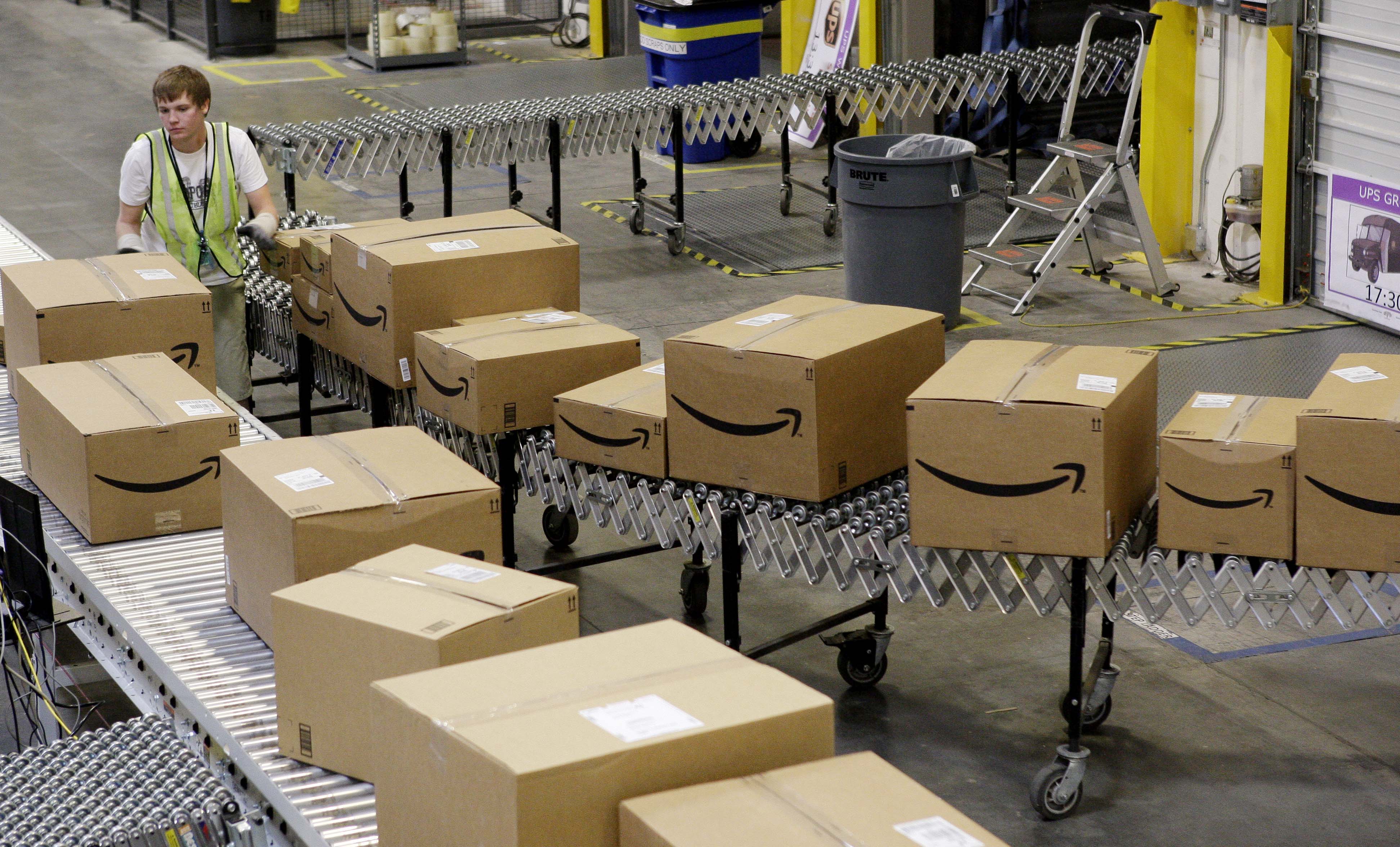NASHVILLE - A proposed Tennessee Revenue Department rule change that would apparently impact online retailer Amazon is in limbo - a victim of Gov. Bill Haslam's 45-day freeze on pending rules and regulations.
Revenue officials, citing rules that shroud most of their actions behind a wall of secrecy, said they cannot say the proposed rule would affect Amazon - let alone whether it impacts the company's plans to invest $137 million in two 1 million-foot distribution centers in Hamilton and Bradley County.
The company intends to hire 1,400 full-time employees to run the centers.
Amazon currently refuses to collect sales taxes for books, music and devices it sells in many states including Tennessee, arguing it has no physical presence that would require it to do so. The rule appears to continue that exemption despite the presence of the distribution centers.
The proposed regulatory change exempts "any dealer operating as a distribution center" from collecting Tennessee state sales taxes if 50 percent of their gross receipts come from shipments on behalf of another vendor "to destinations outside this state."
The proposal had been scheduled for a Feb. 25 public hearing before the Revenue Department, confirmed Revenue Department spokeswoman Sara Jo Houghland, who said departmental rules prohibited her from identifying what companies might be affected by the change.
Shortly after taking office, Haslam announced a 45-day freeze on new regulations as part of his "top to bottom" review of state government operations.
But the move appears to have caught up the Amazon deal, which had been negotiated in part by the governor's deputy, former Hamilton County Mayor Claude Ramsey.
Haslam said last week during a Chattanooga visit that Amazon shouldn't have to collect sales taxes because of the Hamilton County distribution center.
"I don't think because Amazon decides to build a distribution center here, that should change their tax status," he said.
A number of retailers in the state are upset, saying it is unfair they have to charge the state's seven percent state sales tax and up to 2.75 percent in local sales taxes when Amazon, a director competitor, does not.

